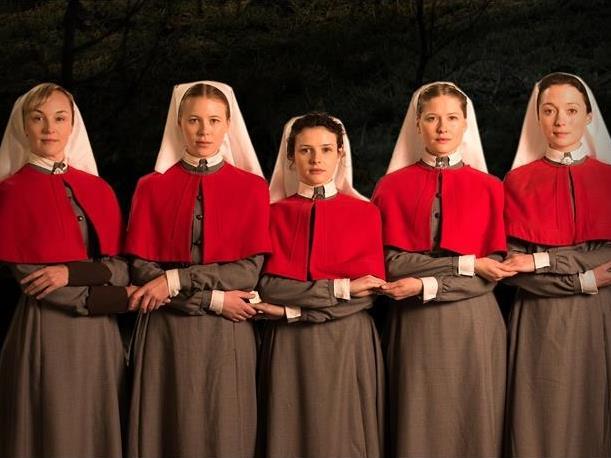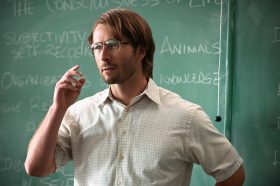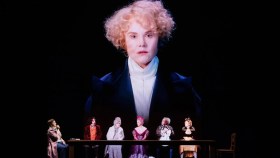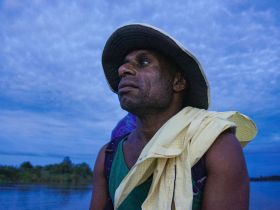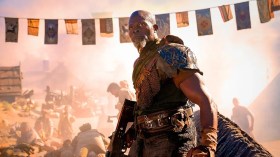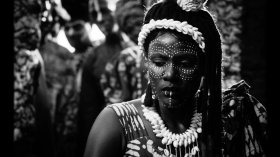Screentime was aware that the ABC and other networks were looking for Anzac-related projects to coincide with the centenary of World War I, so they began looking for projects which would ‘offer points of difference from what we suspected would be a lot of war stories of men in trenches.’
Screenwriter and producer Felicity Packard read The Other Anzacs by Peter Rees and ‘thought it would make a wonderful drama series, with the added advantage that it’s based on real people and real events, so we weren’t making stuff up. It allowed us to tell not only the story of Gallipoli, but also the war on the Western Front and Australia’s experience of that – but from quite an unexpected point of view, through the eyes of women who served just behind the lines, but yet contributed and experienced war but not in the typical way, Felicity said.
After acquiring the rights to the book, Felicity spent time working out which of the nurses in the book they would focus on. She then organised this into a treatment and they took it to the ABC. Fortunately the ABC liked the show and they were taken into the commissioning process.
Felicity wrote three episodes of Anzac Girls, she co-wrote another two with Niki Aken, and Niki wrote episode five. During the development of the treatment, Felicity became very familiar with the content and ‘sort of had the DNA of it in my soul after that,’ she said.
Niki and Felicity spent a lot of time discussing the storylines, along with Greg Haddrick, Head of Drama at Screentime. They had a researcher who would assist with some of their questions, as well as spending a lot of time at the war memorial, but they found the bulk of the material in the letters and diaries of the nurses, particular those of Alice, Elsie and Olive’s.
Felicity was astonished by ‘their surprised about how the British treated them. I think now, 100 years later, we are used to thinking ‘oh yes, those British, they rejected us and they laughed at us and called us Colonials.’ [The Australians] were stunned by it. They fully expected that they would go over there and the Brits would welcome them with open arms as equals, and were flabbergasted by how, not ever single person they met, but how an enormous amount of the British medical staff and army staff they worked with called them Colonials and thought of them as second-class citizens. They were astonished because they were not expecting that.’ Felicity was also surprised by their commitment as nurses to the men they were treating.
Felicity Packard: Anzac Girls
Producer and screenwriter Felicity Packard talks about the making of the ABC miniseries Anzac Girls.
1 Aug 2014
[This is archived content and may not display in the originally intended format.]
